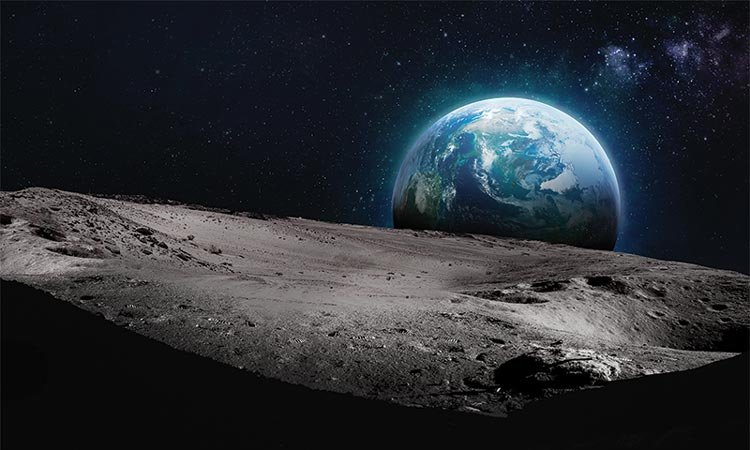The Bible tells us that when He had finished creating the heavens and the earth, “God saw everything that He had made, and indeed it was very good.”1 Then God appointed humanity to care for His creation and to manage its resources, not as owners, but as stewards. “The Lord God placed the man in the Garden of Eden to tend and watch over it.”2
But when God looks at His creation today, I’m pretty sure He is far less pleased than He was in the beginning. Much of the world is still beautiful and functioning the way He intended, but some parts have greatly deteriorated. Natural forces have taken their toll, but we humans have also played a part. Many of the earth’s ecosystems are failing, animal and plant species are becoming extinct, and resources are being depleted—and it is largely because of humanity’s failure to live up to our commission to “tend and watch over” what has been entrusted to our care.
We share in the responsibility and reap the consequences. Air and water pollution have reduced the quality of life for billions; global warming poses a serious, and increasingly imminent, threat to populations in coastal and low-lying areas; deforestation is creating new deserts; misuse of land and water resources is causing severe food shortages, displacing millions of people, and triggering conflicts in some regions; areas of our oceans, lakes, and rivers are becoming dead zones, devoid of life—all problems that are likely to get worse as world population continues to grow.
Granted, not all of man’s impact on the environment is harmful, and there is also disagreement over the best means to solve the environmental problems we face. The fact remains, however, that our collective home is in danger, and we each share in the responsibility for saving it. Working together and with God’s help, we can and must do better. A lot better.
